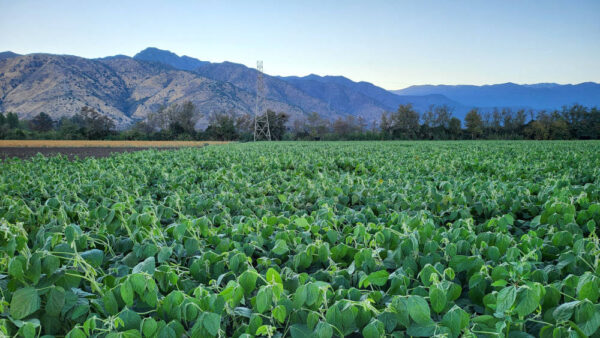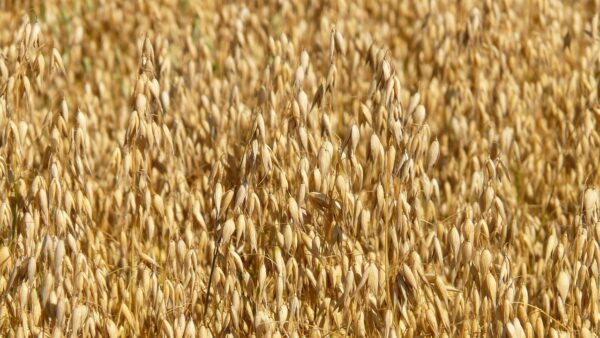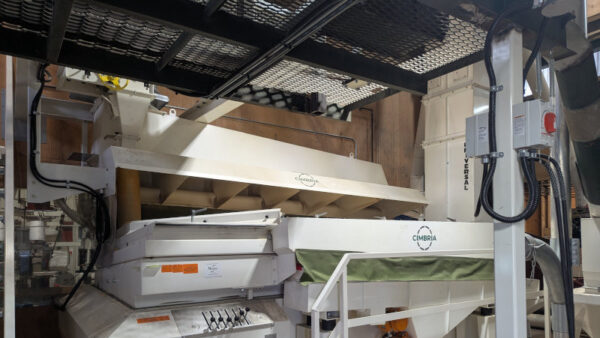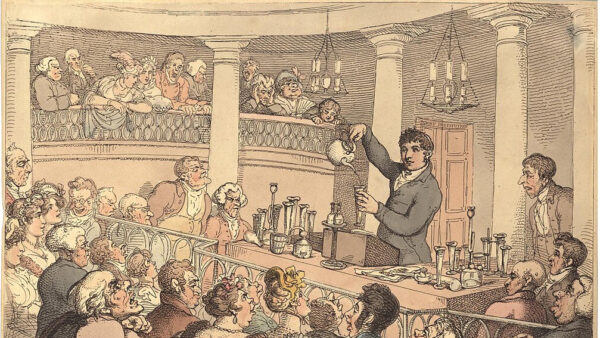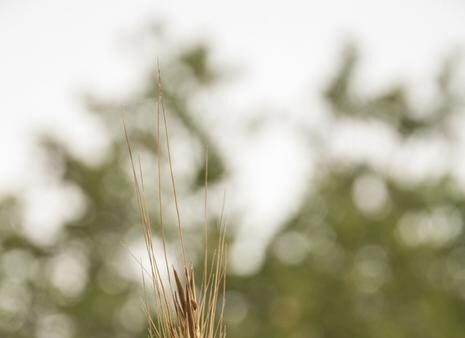In what it calls an effort to foster an inclusive and forward-thinking seed certification system, the Canadian Seed Growers’ Association (CSGA) board of directors is formally beginning a consultation process it initially floated at provincial seed grower meetings last winter.
These changes aim to:
- Reintroduce Affiliate and Associate Membership Classes: This initiative seeks to expand opportunities for stakeholder involvement in CSGA’s daily operations, promoting broader participation across various sectors of the seed industry, CSGA says.
- Implement Housekeeping By-law Amendments: These amendments are designed to align CSGA’s governance processes with best practices, ensuring efficient and effective organizational management, according to CSGA.
During last winter’s meetings, the proposed changes garnered significant support from members, reflecting a collective endorsement of the CSGA’s strategic direction, the organization says.
At the Manitoba Seed Growers’ Association (MSGA) SeedLink Conference held in Brandon, Man., last December, CSGA executive director Doug Miller spoke to attendees and emphasized what he said is the central question guiding CSGA’s vision for its current members: “How do we build a more diverse and inclusive seed certification system?”
As outlined in CSGA’s bylaws, a current regular member is considered any person, partnership, or organization producing or undertaking to produce pedigreed seed and provides such rights as attending member-to-member sessions, submitting proposals and voting at CSGA meetings. It should be noted that many seed companies, including the major life science companies, are already considered CSGA members.
Previously, CSGA had versions of affiliate and associate members. However, in 2013, a bylaw change was passed to have only a single membership class (Regular Member) based on new requirements under the Canadian Not-For-Profit Corporations Act. The discussion on CSGA memberships reflects an evolution toward a more open and inclusive system, according to Miller.
“We’re proposing a conversation about reintroducing affiliate and associate membership classes,” Miller said at the time. “This initiative aligns with our CSGA 2.0 business plan released in April 2021 and our SRM vision, emphasizing building a more open and inclusive seed certification system.”
The first proposed class, affiliate membership, mirrors the regular CSGA membership but caters to those supporting seed production. This includes seed growers and plant breeders who are inactive but wish to maintain CSGA membership, seed analysts, crop inspectors and seed companies not actively producing breeder or hybrid crops. Proposed rights for this class include attending member sessions, submitting proposals, voting on relevant CSGA topics and the potential for board representation.
The second proposed class, associate membership, targets associations involved in or interested in pedigreed seed production. This encompasses seed sector associations, national and provincial producer associations and international organizations. Like affiliate membership, rights include attending sessions and submitting proposals but without board representation.
“CSGA aims to lead the way in building a community that embraces diversity and ensures that all stakeholders, regardless of their role in the seed certification value chain, have a voice in shaping the future of the sector,” Miller added.
Eric McLean, former MSGA president and a former national director on the CSGA board, said at SeedLink that he agrees with CSGA, emphasizing achieving full participation, diversity, and inclusion within the CSGA and the MSGA and other provincial associations.
“This is long overdue. It’s time to bring all the key players back into the room. The departure of industry players has left a void that needs to be filled. Those key players are not just participants but our essential business partners. They are the ones supporting us with invaluable products and services, facilitating the advancement of our businesses,” he said.
“These are the same people attending insightful sessions with great speakers and gaining diverse perspectives through their global travels. The wealth of experience and expertise they bring is something every organization, including the CSGA, would benefit from to guide their decisions effectively.”
McLean said the fear of potentially overwhelming the voices of traditional seed growers should not be a deterrent, as the democratic nature of the CSGA and provincial seed grower association boards ensures that every representative, regardless of their background, has a voice.
To read the official documents associated with the consultation process and take part in a survey visit CSGA’s website.






